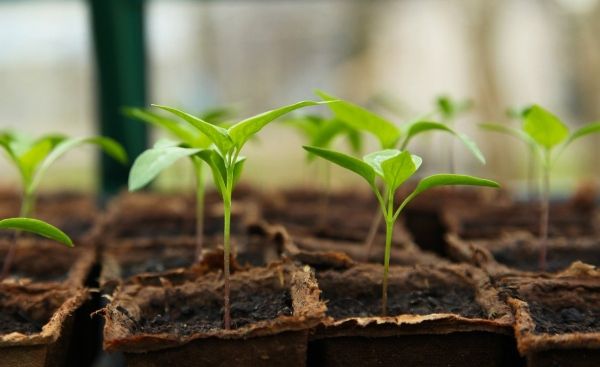Emerging technologies can be harnessed to use the strengths of hot, humid coastal deserts of the Middle East and North Africa (MENA) region to grow food and other crops.
KAUST researchers are calling for a new generation of vast greenhouse complexes, supported by novel solar panels, air-cooling technologies, and advances in salt-tolerant agriculture. Their concept could kickstart a sustainable agriculture revolution in coastal desert regions across the world.
“Controlled environment agriculture (CEA) uses integrated systems to facilitate sustainable, local crop growth on a large scale,” says Kyle Lauersen, synthetic biologist. “Our vision combines several technologies currently in development at KAUST: energy-efficient, transparent solar panels; low-energy desiccant cooling; salt-tolerant edible plants; and algal biotechnology.”
Coastal locations in the MENA region have ample access to seawater and year-round intense sunlight. CEA makes it possible to use seawater to use grow salt-tolerant crops, such as newly identified varieties of tomatoes and green vegetables. Mixed irrigation means that CEA would have a lower impact on municipal supplies. To source extra freshwater, the researchers plan to harvest from humid air.
Read more at King Abdullah University of Science & Technology (KAUST)
Photo Credit: jag2020 via Pixabay


